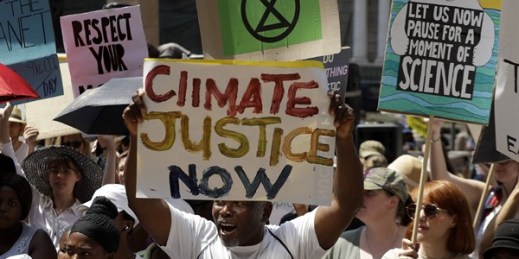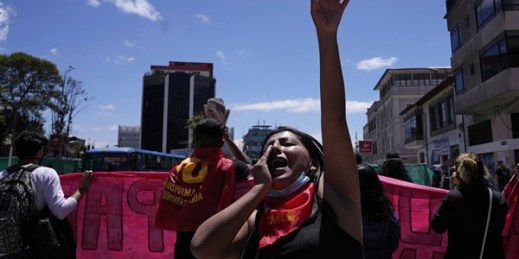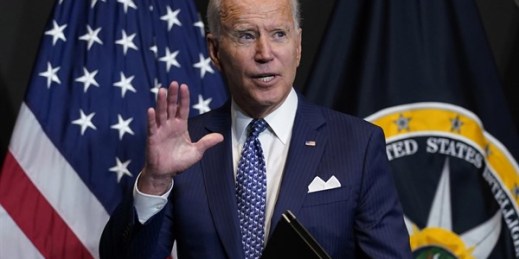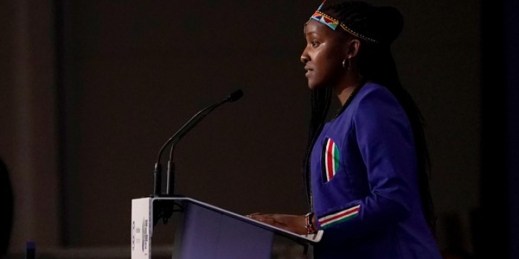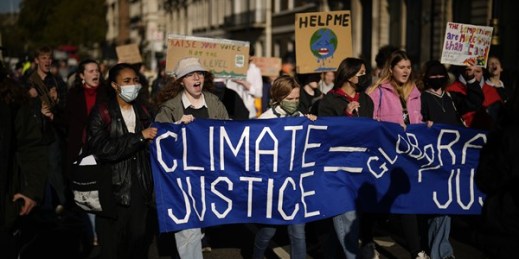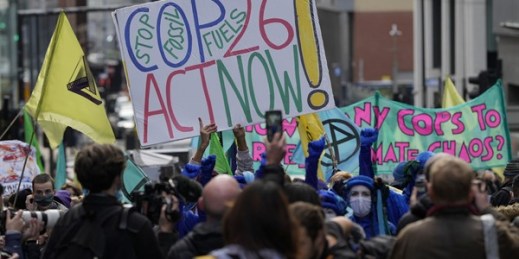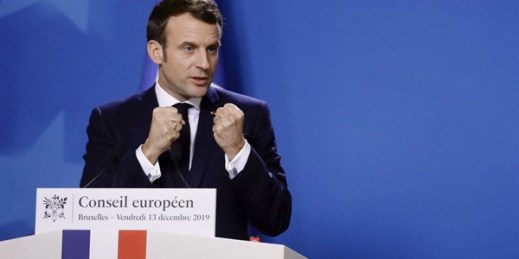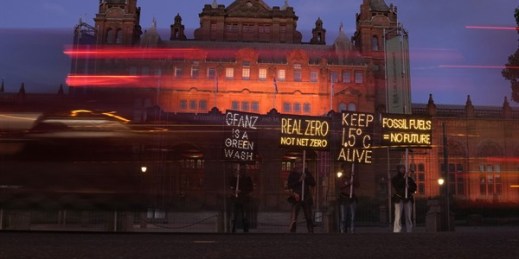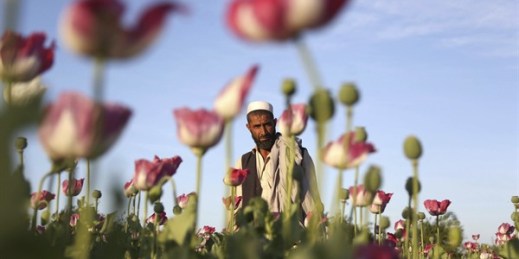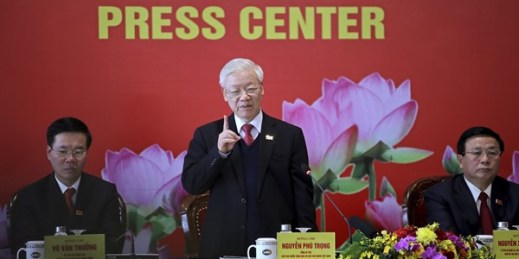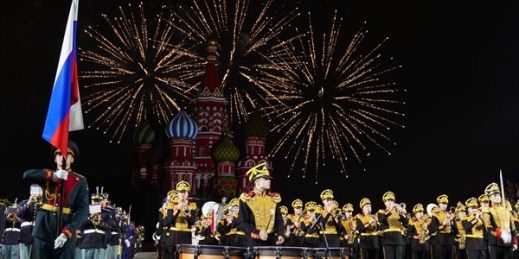
Russian President Vladimir Putin is often said to be “playing a weak hand well.” But according to Kathryn Stoner, a Russia expert at Stanford University, this conventional analysis is incomplete. She argues that not only does Moscow hold better cards than many Western observers might think, it is also more willing to play them, even the risky ones. On the Trend Lines podcast this week, Stoner sat down with WPR’s Elliot Waldman to discuss her recently published book, “Russia Resurrected: Its Power and Purpose in a New Global Order.” Listen to the full conversation here: If you like what you […]

